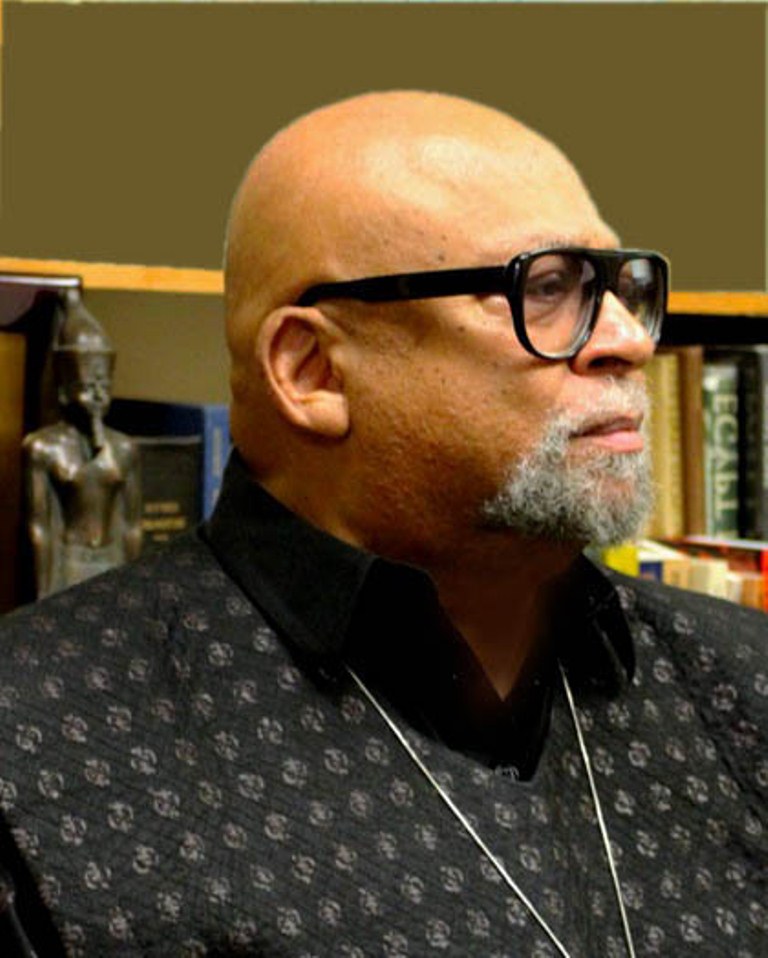Dr. Maulana KarengaFebruary 21, 2019
Malcolm tells us in his Autobiography that he felt and hoped that his “life’s account, read objectively. . .might prove to be a testimony of some social value.” And surely, it is a testimony of great social value. Indeed, it is both testimony and testament, righteous witness and a sacred will, awesome evidence and instruction on how we can live our lives, and if need be, give them up with the unwavering commitment and uncompromising courage Malcolm modelled and mirrored for us. Malcolm, honored teacher of the liberating truth, thus taught us how to live and die, and even before his death, he had already given his whole life to his people, his faith and the struggle. It was again one of his defining features which he described as “the one hundred percent dedication I have to whatever I believe in.”








